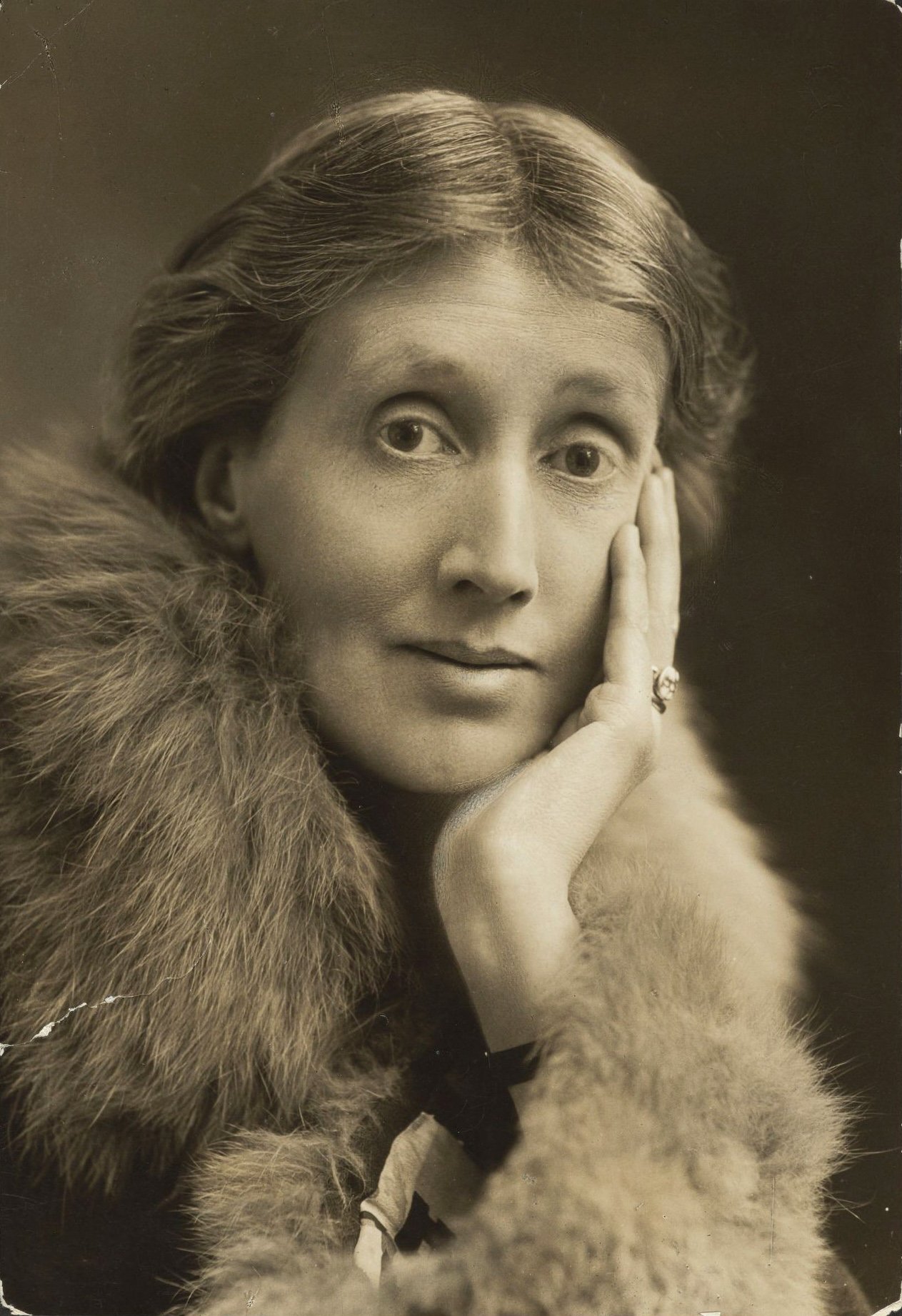Why Self-Publish?
To escape the constraints of traditional publishing houses, Virginia Woolf and her husband, Leonard, started their own press, Hogarth, to self-publish their work. Both Mrs. Dalloway and To the Lighthouse were put out by Hogarth, on a handpress set up in Woolf's living room.
Self-publishing is an honourable tradition as old as the printing press, and there are many reasons for an author to choose self-publishing.
Self-publishing is an interesting and rewarding process in which the author, as publisher, has complete control over every aspect of the production of the book.
Some authors turn to self-publishing when they cannot find a trade publisher who is interested in their manuscript. Trade publishers are often reluctant to publish a book directed outside their accustomed markets, for example, so that a book that might have strong appeal to a select audience may not elicit much trade interest.
Trade publishers are also reluctant to publish works that might compete directly with titles in their existing lists.
Authors themselves often see more marketing opportunities than a trade publisher would, so they can do a much better job of promoting their book than any publisher could.
Self-publishing is especially effective when a writer has identified a target audience and a way to market to that audience: online, at events, by mail or by other means. (Mark Twain was convinced he could sell his books through his public talks—he was right). With effective marketing, an author can realize a much larger financial return through self-publishing than with conventional publishing.
These days bookselling websites make it easy for self-publishers to gain access to a worldwide audience and options like Print On Demand and e-books make book production affordable.
CONTACT US at info@self-publish.ca
to discuss your self-publishing project.

